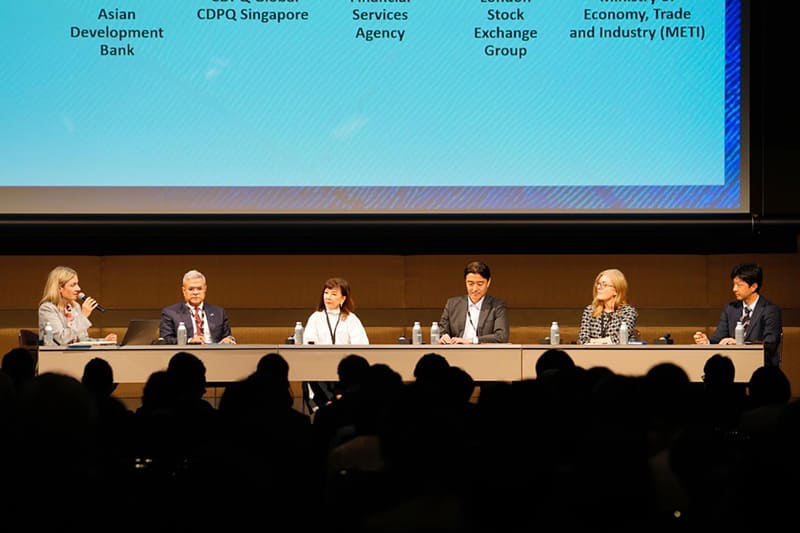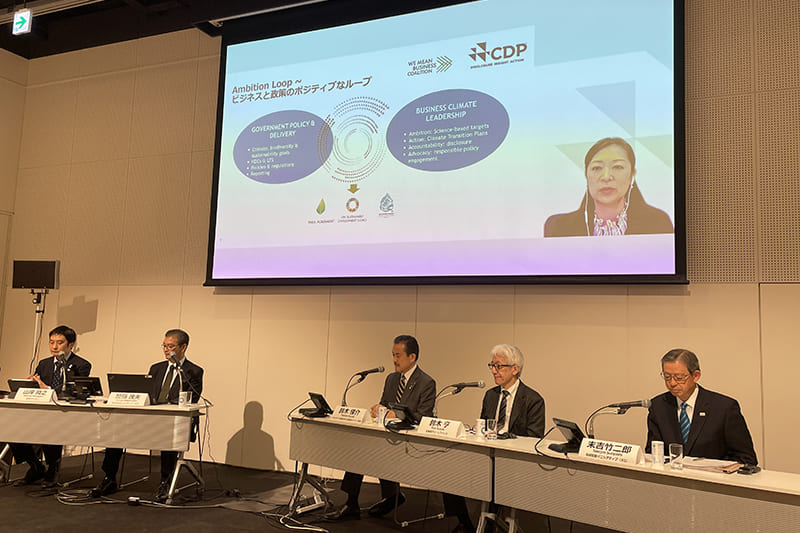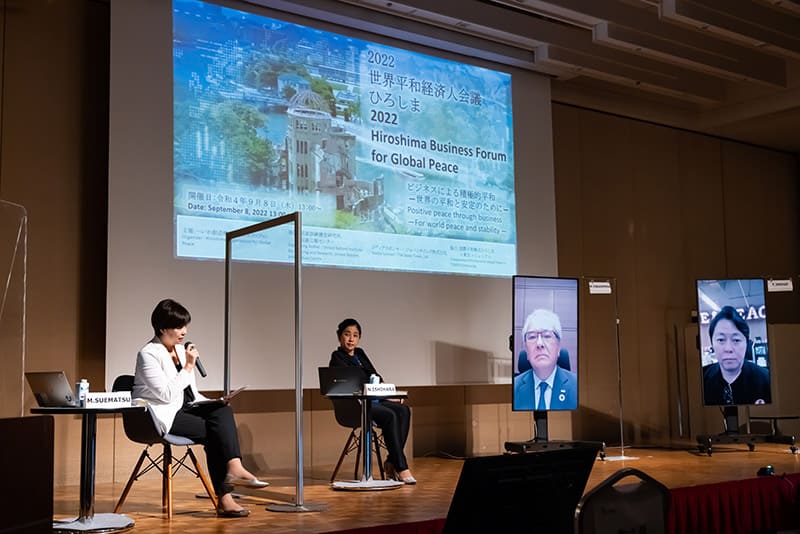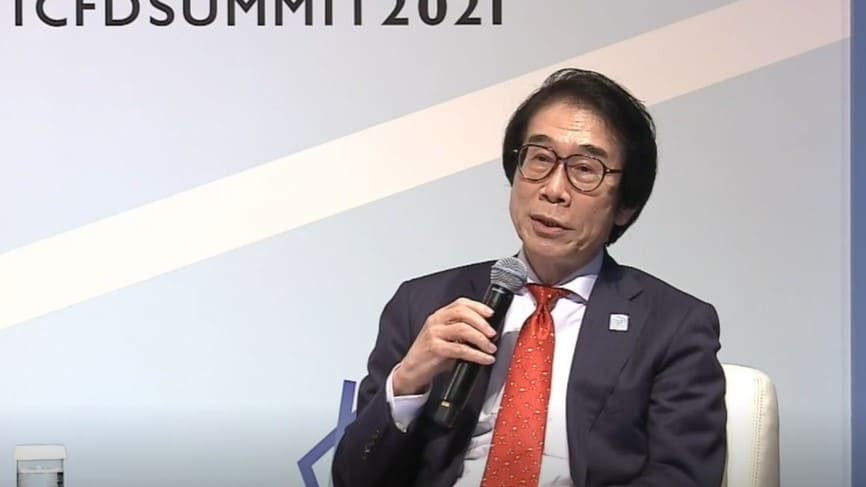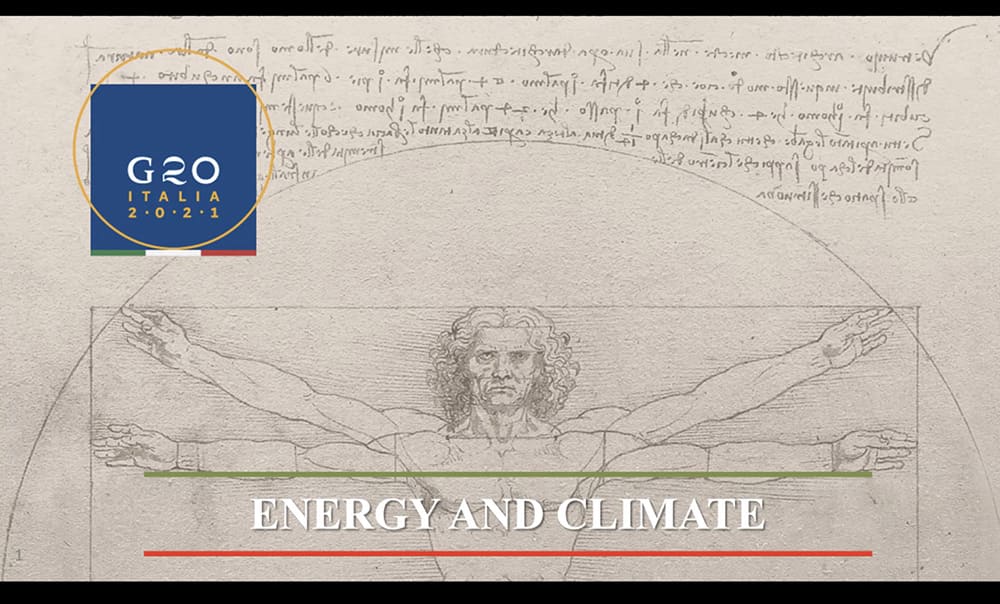July 22, 2025
Japan and Uruguay interlocked on a sustainable future: minister
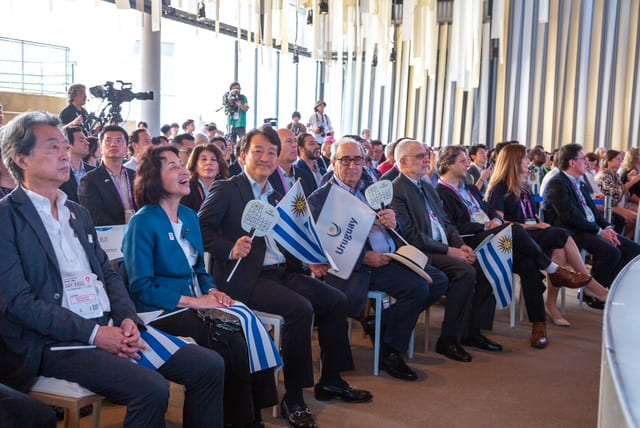
Growing up surrounded by nature in the rural Uruguayan department of Cerro Largo, Livestock, Agriculture and Fisheries Minister Luis Alfredo Fratti Silveira developed a deep passion for the environment and animal health from an early age, leading him to study veterinary science at the Bage campus of the Federal University of Pampa in southern Brazil, a calling that would lead him to oversee one of the world’s most sustainable cattle industries.
“I think it was the view of green fields and cattle I had from my house that sparked my interest in veterinary sciences,” explained the minister on how he ended up so involved in agriculture and sustainability, “but more than that, the decision to study veterinary science likely stems from a deeper passion for animals and a desire for their well-being.”
Recently back from Osaka’s Expo 2025, where Uruguay’s theme “Designing the Future Society for Our Lives” showcases the nation’s digital innovations and rapid transformation toward sustainability, Fratti took some time at the recent JETRO-sponsored Uruguay Business Seminar in Tokyo to talk about Uruguay’s rapid transformation into one of the world’s most sustainable circular economies as well as Uruguay and Japan’s shared interests in the domain of sustainability.
Opportunity for cooperation
Today, Uruguay has one of the world’s most sustainable agricultural sectors, having recently championed the Global Methane Pledge, an effort among 150 countries to reduce methane 30% by 2030. And with a recent rapid transition to renewable energy, largely wind and hydropower, the country is now running on 98% renewable electricity. Uruguay is now able to export excess green energy to neighboring countries, mainly Argentina and Brazil, and is now planning to create “green” hydrogen for export with its excess sustainable electricity, a power source that Japan’s energy sector has recently taken an interest in as part of Japan’s sustainable energy mix.
“Uruguay and Japan can cooperate in various areas of sustainability, including natural resource management, renewable energy, sustainable agriculture and clean technologies,” he said. “Japan, with its advanced technology, deep-sea fishing and aquaculture development, can transfer knowledge and technology to Uruguay, while Uruguay, with its vast agricultural land and renewable energy potential, can offer Japan solutions in terms of food security and clean energy production.”
Shared economic interest
The minister believes that Japan’s energy transition is as much in its own economic interest as it is for a more sustainable planet, and believes Uruguay’s own experience is a case in point.
“Uruguay’s recent and rapid shift toward renewable energy offers valuable lessons that could support Japan in its own green energy transition,” he said. “Uruguay’s move to renewables has helped stabilize energy costs by reducing dependence on the volatile international fossil fuel markets. Renewable sources like wind and solar have also become not only cost-competitive but in some cases even cheaper than fossil fuels. A large-scale transition to renewable energy can result in significant long-term savings.”
Job growth, new technology
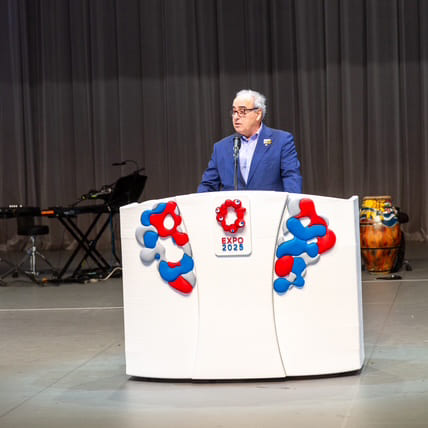
Uruguay’s rapid transition has also led to new, higher-paying employment sectors as well as new technologies. “The growth of the renewable energy sector can generate new employment in manufacturing, installation, maintenance and related industries. Successful policy frameworks to promote renewable energy include tax incentives for electric vehicles and integrating multiple renewable sources into the existing power grid infrastructure. Uruguay’s experience shows that renewable energies are not only an environmental solution, but also a profitable and economically viable option in the long term.”
With Uruguay’s rapid development of green hydrogen, Fratti sees a vital role for Japan as a net energy importer. “Uruguay is now implementing a program that will cover innovation, regulation, investment attraction, infrastructure, training, international cooperation and communication regarding green hydrogen. By working together, I can see Japan and Uruguay accelerating the global transition to a hydrogen-based economy and helping to mitigate climate change.”
Taking the high ground
With little time outside of official engagements, Fratti and his team have had few chances to see much of Japan, but felt very welcomed and believe the two countries have many shared interests.
“It has been a great pleasure to have been here. I have met so many wonderful people,” he said. With so many meetings, he is looking forward to taking a little time for some horseback riding when he gets back to Melo. “It’s a way to make me feel free and makes me connect with the Earth and nature — and it’s also where my best ideas come from.”


